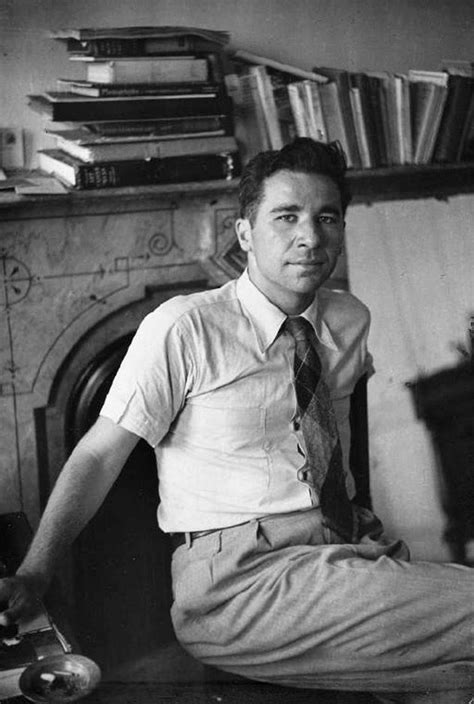A Quote by Stephen Kinzer
Only one American has given his life for Iranian democracy. He was a young idealist from Nebraska named Howard Baskerville. In 1907, fresh out of Princeton, Baskerville went to Iran as a schoolteacher. He found himself in the midst of a revolution against tyranny, and was carried away with passion for the democratic cause.
Related Quotes
Education in democracy must be carried on within the Party so that members can understand the meaning of democratic life, the meaning of the relationship between democracy and centralism, and the way in which democratic centralism should be put into practice. Only in this way can we really extend democracy within the Party and at the same time avoid ultra-democracy and the laissez-faire that destroys discipline.
In 1979, you had the revolution in Iran. You had the Hudood Ordinances in Pakistan, which are the laws that are notoriously used against women, which are theoretically used against thieves although they're never carried out - an actual amputation or an actual stoning. The blasphemy laws, again, never actually carried out, though they're there, heavy with menace on the statute books.
Taken as a whole, the Chinese revolutionary movement led by the Communist Party embraces the two stages, i.e., the democratic and the socialist revolutions, which are two essentially different revolutionary processes, and the second process can be carried through only after the first has been completed. The democratic revolution is the necessary preparation for the socialist revolution, and the socialist revolution is the inevitable sequel to the democratic revolution. The ultimate aim for which all communists strive is to bring about a socialist and communist society.
My grandfather, Arthur Baskerville, he played and still plays a little bit piano and trombone, and so when I was a kid, I always heard jazz around the house, but I also went to his gigs, whether it be a Saturday brunch in my hometown Columbus, Ohio. We'd go and hear him play with some of the local musicians.
I was born in Iran, left at a very young age-less than a year old-and grew up and was educated in the West. I grew up thinking of myself as an American but also, because of my parents and the Iranian culture that was in our home, as an Iranian. So if there's any such thing as dual loyalty, then I have it-at least culturally.
I think that most people don't think in terms of an American revolution, they think in terms of a Russian revolution, or even a Ukrainian revolution. But the idea of an American revolution does not occur to most people. And when I came down to the movement milieu seventy-five years ago, the black movement was just starting, and the war in Europe had brought into being the "Double V for Victory" [campaign]: the idea was that we ought to win democracy abroad with democracy at home. And that was the beginning of an American revolution, and most people don't recognize that.
My sister married an American and took his name, and my brother has shortened Sayrafiezadeh to Sayraf. So now he's Jacob Sayraf, or sometimes Jake Sayraf. He made the change when he was a teenager, prior to the Iranian revolution and the hostage crisis. So I don't think it was motivated by any anti-Iranian sentiment in the United States.
If a young man gets married, and starts a family and spends the rest of his life working at a soul-destroying job, he is held up as an example of virtue and responsibility. The other type of man, living only for himself, working only for himself, doing first one thing and then another simply because he enjoys it and because he has to keep only himself, sleeping where and when he wants, and facing woman when he meets her on equal terms and not as one of a million slaves, is rejected by society. The free, unshackled man has no place in its midst.

































